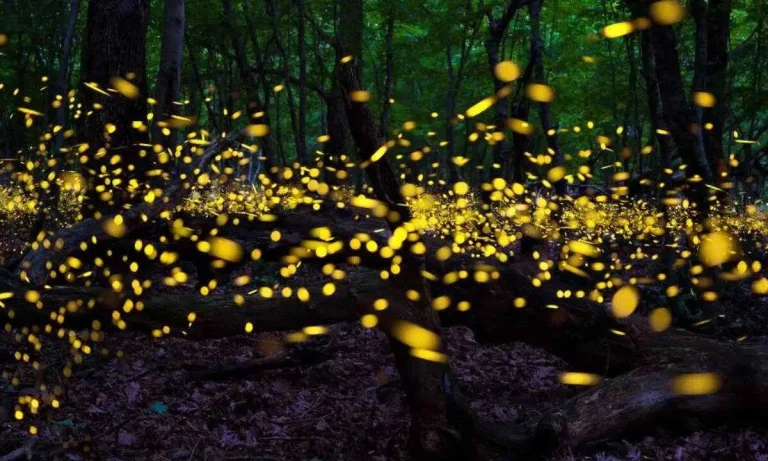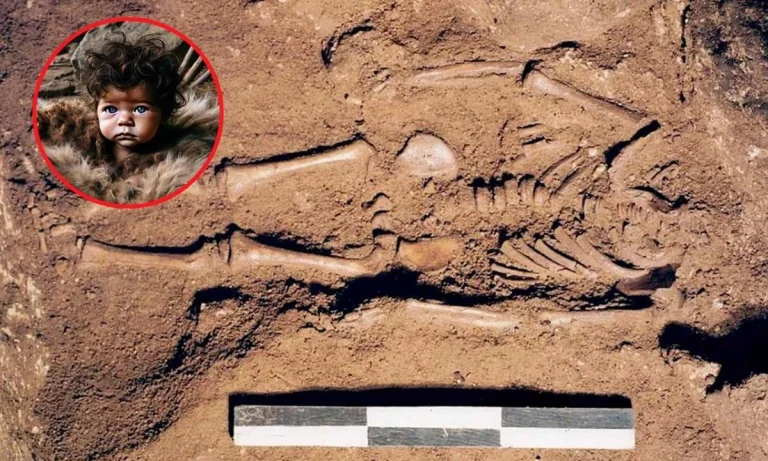Scientists have been surprised that the Bajau people have a unique genetic mutation that enables them to spend hours underwater. Also known as “Sea Nomads” these people have spent hundreds of years living at sea. With the Bajau tribe’s adaptations, they can manage an underwater stay for as long as 13 minutes at depths of around 200 feet! According to a study in the journal Cell, they have a DNA mutation for larger spleens.
For generations, the Bajau tribe, whose life depends on the sea has been doing some amazing diving. They live in waters winding through the Philippines, Malaysia, and Indonesia. Bajau people dive to hunt for fish or to find natural elements. Now, let’s dive deeper into their amazing life and adaptation.
Bajau’s Genetic Mutation
According to researchers, this group of Bajau came up with a rare genetic mutation called PDE10A. This results in the development of bigger spleens, allowing them to delay the onset of breath holding. This enhances their diving capabilities. A research leader from the University of Copenhagen, Melissa Ilardo, explained that it is an important mutation in human adaptability. The study between the Bajau people and the neighboring non-diving communities showed that the spleens of the Bajau were much larger.

The findings have also attracted great interest in the scientific community. They prove how human populations can acquire genetic conditions due to environmental pressure. The Bajau have been nomadic sea dwellers for centuries and move over the waters of Southeast Asia. Their bodies have adapted to the marine environment very well.
The Role of the Enlarged Spleen
This new mutant gene to swim underwater is a handwork of the enlarged spleen in Bajau people, which does play a very vital role in their diving skills. The spleen acts to store oxygenated red blood cells and releases them in times of dives, therefore boosting their oxygen levels. In its aspect, this is simply a biological adaptation similar to those observed in marine mammals such as seals.
National Geographic elaborated on how the finding vindicated earlier theories on human potential for extreme-environment adaptation. The Bajau can free-dive to depths of over 70 meters and can remain underwater for several minutes. This displays their extraordinary breath-holding ability.

This permits the spleen to contract and releases oxygen-rich red blood cells, extending the time that Bajau divers can spend underwater. Such an adaptation could have resulted from the demands of their traditional practices, connected most especially with spear-fishing and free diving, both of which require elite performance underwater.
The Lifestyle of the Sea Nomads
The life of the Bajau people focuses on the sea. Traditional spear-fishing and free diving require remarkable ability underwater. Their culture and life developed based on their genetic adaptation to maximize their potential. They can spend up to 60% of the working day underwater, getting their food by diving. Trek Blog offers an inside view into the Bajau tribe and their peculiar way of life. For centuries, the Bajau have been nomadic sea dwellers who have moved across Southeast Asian waters and adapted human bodies to life in the sea.



This lifestyle has made their physique tailored to enable them to thrive in an environment otherwise very hostile. The Bajau can dive so low and hold their breath for so long, showing just how much human physiology can adapt to the pressures put upon it by the surrounding environment.
Scientific Implications and Future Research
This Bajau discovery will have implications that reach further than the scientific and medical community. Such adaptations can allow for numerous medical researches, particularly those involved with hypoxia or oxygen deprivation. In this respect, future research would be targeted on the possibility of discovering more about human adaptability and eventual usage in medicine. Science Times emphasizes that these findings present a very promising direction for future scientific research. Especially exciting is the translation of such genetic innovations into human diseases and disorders associated with oxygen deprivation, such as stroke and heart attack patients.
Second, further research may focus on other human adaptations to extreme environments for their molecular genetic basis. The uniquely diverse genetic makeup of the Bajau people offers a great opportunity to study how humans adapted to different ecological niches.
The Bajau’s Cultural Significance
The life pattern of the Bajau is inextricably linked with their environment. Their genetic variation is not some freak of science but a badge of resilience, fitting in adversity and thriving. This has been passed down for generations so the Bajau grew suitable at surviving and excelling in this way of living in the sea. Culture could range from rich traditions down to knowledge of the sea, so integral to their survival and prosperity.

The latter has shaped their cultural practices and traditions in being adapted to the marine environment. To the Bajau, diving skills are not solely for survival but a part of their cultural identity.
Future of Bajau
Further research can reveal even more secrets about the Bajau and their genetic adaptations as infrastructure improves around the region. It is quite likely to identify other genes that have enabled them to thrive in the environment, something that may lead to new insights into human evolution and adaptability. Other ways in which knowledge of the genetic makeup of the Bajau can be useful are in the preservation and support of their culture and way of life against modern challenges.
The genetic research on the Bajau could also have implications for conservation. Safeguarding their way of life requires much more knowledge about their adaptations and the challenges in the rapidly changing world.
Conclusion
Genetic Adaptation of the Bajau Tribe: This new mutant gene to swim underwater is a just tribute to the human spirit of resilience and the power of natural selection. Such possibilities of diving for long stretches have made their survival certain. Moreover, contributed greatly to the understanding of human biology. This genetic variation simply shows how amazingly adaptable humans can be and opens up new avenues in scientific research.
Also read,










